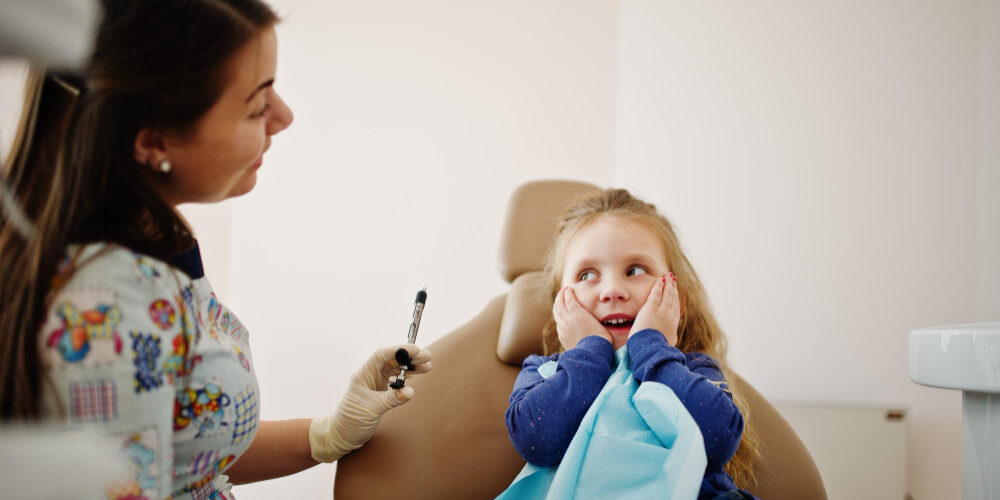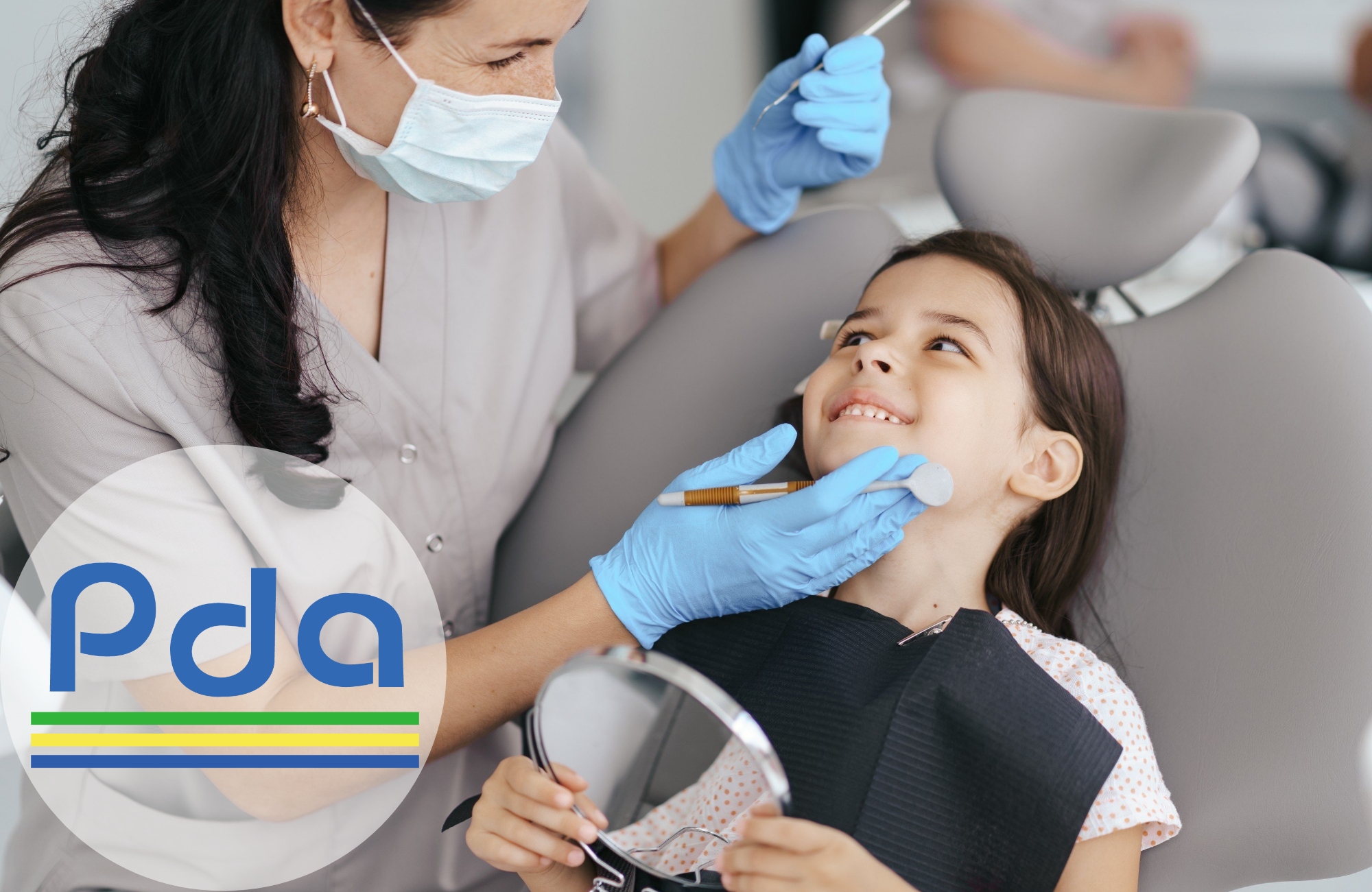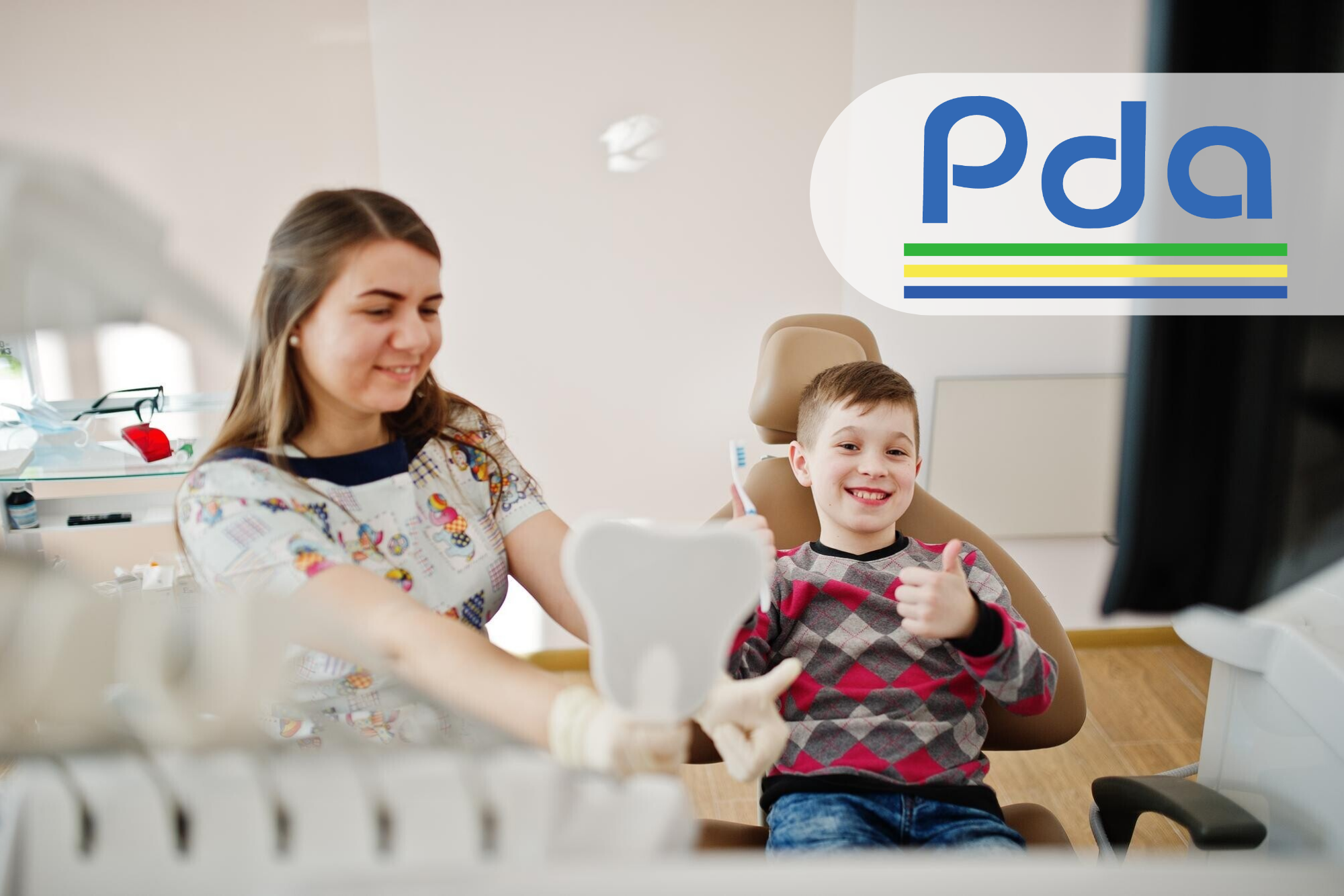Dental anxiety is a common issue for many children, often stemming from fear of the unknown, previous negative experiences, or simply being in an unfamiliar environment. For very anxious children, this fear can be overwhelming and lead to difficulties in receiving necessary dental care. Desensitization, a gradual exposure technique, is an effective method to help children overcome their dental anxiety. Children can build confidence and reduce their fear over time by slowly introducing them to the dental environment. This article explores the process of desensitization, its benefits, and practical strategies for parents and dental professionals to implement this approach successfully.
Understanding Dental Anxiety in Children
Understanding the root causes of dental anxiety in children is crucial. This anxiety can manifest in various ways, including crying, tantrums, refusal to enter the dental office, or physical symptoms such as stomachaches. It often arises from a fear of pain, negative experiences with medical professionals, or simply the unfamiliar sights and sounds of a dental office. Identifying these causes is the first step in effectively addressing a child’s anxiety.
Common Causes of Dental Anxiety
- Fear of Pain: Many children associate dental visits with pain, often due to stories they have heard or previous experiences.
- Loss of Control: Sitting in a dental chair and having someone work in their mouth can make children feel vulnerable and out of control.
- Stranger Anxiety: The dentist and dental staff are often unfamiliar to the child, leading to feelings of apprehension.
- Sensory Overload: The sounds of drills, bright lights, and strange smells can overwhelm a child’s senses, contributing to anxiety.
The Desensitization Process
Desensitization involves gradually exposing an anxious child to the dental environment in a controlled and supportive manner. This approach helps children acclimate to the dental setting, reducing their anxiety and making dental visits a more positive experience. The process can incorporate multiple stages, each focused on nurturing the child’s confidence and sense of security.
Stage 1: Familiarization
The first desensitization stage focuses on familiarizing the child with the dental environment. It is possible to accomplish that through a series of short visits where the child is encouraged to explore the dental office without any pressure to undergo treatment. Activities during this stage may include:
- Office Tour: Allowing the child to walk around the dental office, meet the staff, and see the equipment without any expectation of treatment. Visiting the best kids dentist Paramus can make this initial experience more welcoming due to their expertise in handling anxious children.
- Playtime in the Waiting Room: Providing toys, books, or activities in the waiting room to create a positive association with the dental office.
- Storytelling: Reading books or telling stories about visiting the dentist to demystify the experience.
Stage 2: Introduction to Equipment
Once the child is comfortable in the dental office, the next stage involves introducing them to dental equipment. The goal is to help the child become familiar with the tools and sounds they may encounter during a dental visit. This stage can include:
- Show and Tell: Allowing the child to see and touch the dental tools while the dentist explains their purpose in simple terms.
- Demonstrations: Demonstrating how specific equipment works, such as the air and water syringe or the dental chair, in a non-threatening manner.
- Role Play: Encouraging the child to play dentist with a stuffed animal or toy, using natural or toy dental instruments.
Stage 3: Short and Simple Procedures
The procedures become more accessible as the child adapts to the dental environment and equipment. These procedures aim to be quick and painless, allowing the child to experience success and build confidence. Examples include:
- Teeth Counting: A simple check-up where the dentist counts the child’s teeth using a small mirror. Engaging with the best kids dentist Paramus can ensure that these initial procedures are handled with care and professionalism.
- Toothbrushing Demonstration: Teach the child how to brush their teeth properly using a toothbrush and toothpaste.
- Fluoride Application: Applying fluoride varnish to the child’s teeth, explaining its role in keeping teeth healthy.
Stage 4: Full Dental Check-Up
The final desensitization stage involves a complete dental check-up, cleaning, and examination. By this point, the child should feel more at ease with the dental setting and staff. The dentist should continue to use positive reinforcement and encouragement throughout the process, ensuring the child’s comfort and confidence.
Benefits of Desensitization
The desensitization process offers several benefits for anxious children, their parents, and dental professionals:
- Reduced Anxiety: Gradual exposure helps to lessen the child’s fear and anxiety, making dental visits more manageable.
- Positive Associations: Children are more likely to view dental visits as a positive experience by creating a positive and supportive environment.
- Improved Oral Health: Regular dental visits and treatments become more accessible, leading to better oral health outcomes for the child.
- Stronger Relationships: The child builds trust and rapport with the dentist and staff, fostering a positive relationship that can last into adulthood.
Practical Tips for Parents and Dentists
For Parents
- Start Early: Begin dental visits at a young age to help children become accustomed to the process early on.
- Stay Calm: Children often pick up on their parents’ emotions, so remaining calm and positive can help alleviate their anxiety.
- Use Positive Language: Avoid using words like “pain” or “hurt” when discussing dental visits. Instead, use positive language to describe the experience.
- Encourage Questions: Allow your child to ask questions and express their concerns. Talking about these things can help to soothe their worries.
For Dentists
- Build Rapport: Take time to get to know the child and build a trusting relationship. Engage in conversation about their interests to put them at ease.
- Be Patient: Understand that desensitization is a gradual process and may take time. Be patient and supportive throughout.
- Use Child-Friendly Techniques: Employ techniques such as “tell-show-do,” where the dentist explains what they will do, shows the child the tools, and then performs the procedure.
- Provide distractions such as music, videos, or storytelling to keep the child occupied during procedures.
Conclusion
Desensitization is a practical approach to helping anxious children overcome their fear of the dentist. Children can build confidence and develop positive associations with dental care by gradually exposing them to the dental environment in a supportive and controlled manner. This process benefits both the child and their parents and dental professionals, leading to better oral health outcomes and a more positive dental experience overall. With patience, understanding, and the right strategies, anxious children can learn to feel comfortable and secure at the dentist, setting the foundation for a lifetime of healthy dental habits. For families in New Jersey, seeking out the best kids dentist Paramus can provide an ideal environment for implementing these desensitization techniques, ensuring children receive the compassionate and effective care they need.
Are you looking for a caring and compassionate dental experience for your child? Visit Pediatric Dental Associates of Ridgewood. Their team specializes in making dental visits fun and stress-free for kids, using gentle techniques tailored to each child’s needs. Discover why they’re one of Paramus’s best kids’ dental practices.
Schedule your appointment today and give your child the gift of a healthy smile! Visit pdaridgewood.com or call (201) 652-7020 to book a visit.





